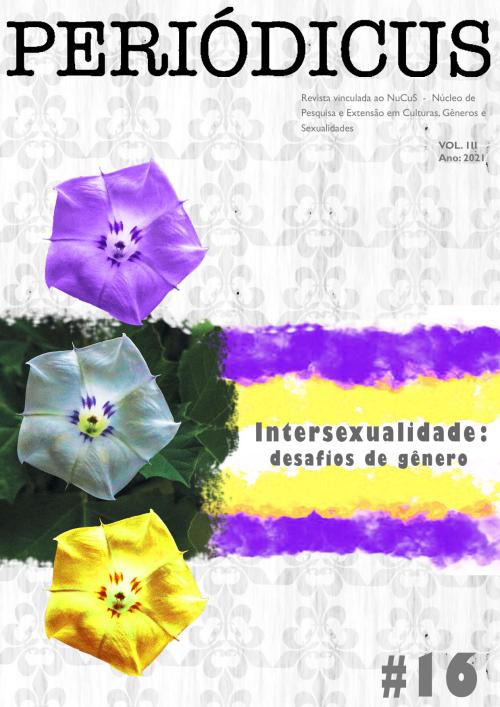Mapeo de las políticas públicas destinadas a la población LGBT:
algunos logros y muchos retos
DOI:
https://doi.org/10.9771/peri.v3i16.36829Resumen
Este artículo tiene como objetivo presentar las principales políticas públicas brasileñas dirigidas a la
población LGBT analizando sus avances y limitaciones, así como presentar un mapeo de los servicios públicos en el
municipio de Belém (Brasil) como ejemplo de una red de atención incipiente para esta población. El análisis de los programas y equipos municipales y nacionales para garantizar los derechos de las personas LGBT puede indicar que, aunque sea visible el progreso de tales políticas, aún es insuficiente en vista de la demanda existente. La vulnerabilidad
de la población LGBT requiere estrategias de atención preventiva y reparadora que le garantice una atención adecuada con respecto a los derechos a la salud, la seguridad, la vivienda, etc. Sin embargo, el escenario político actual parece ir en la dirección opuesta en la garantía de los derechos de aquellos que no corresponden a la heteronormatividad, lo que amenaza la continuidad de pocas políticas existentes dirigidas a esta población, así como la creación de nuevas políticas
públicas.
Descargas
Descargas
Publicado
Cómo citar
Número
Sección
Licencia
Derechos de autor 2021 Brenda Motta Costa, Maria Lúcia Chaves Lima

Esta obra está bajo una licencia internacional Creative Commons Atribución-NoComercial 4.0.
Los autores que publican en esta revista aceptan los siguientes términos:
Los autores conservan los derechos de autor y conceden a la revista el derecho de primera publicación, con la obra simultáneamente licenciada bajo una licencia Creative Commons Attribution Noncommercial que permite compartir la obra con reconocimiento de la autoría y publicación inicial en esta revista, quedando prohibido su uso con fines comerciales.
Los autores tienen autorización para asumir contratos adicionales por separado, para la distribución no exclusiva de la versión del trabajo publicado en esta revista (por ejemplo, publicar en un repositorio institucional o como capítulo de un libro), con reconocimiento de la autoría y publicación inicial en esta revista.
Los autores tienen permiso y se les anima a publicar y distribuir su trabajo en línea (por ejemplo, en repositorios institucionales o en su página personal) en cualquier momento antes o durante el proceso editorial, ya que esto puede generar cambios productivos, así como aumentar el impacto y la citación del trabajo publicado (véase El efecto del acceso libre).








